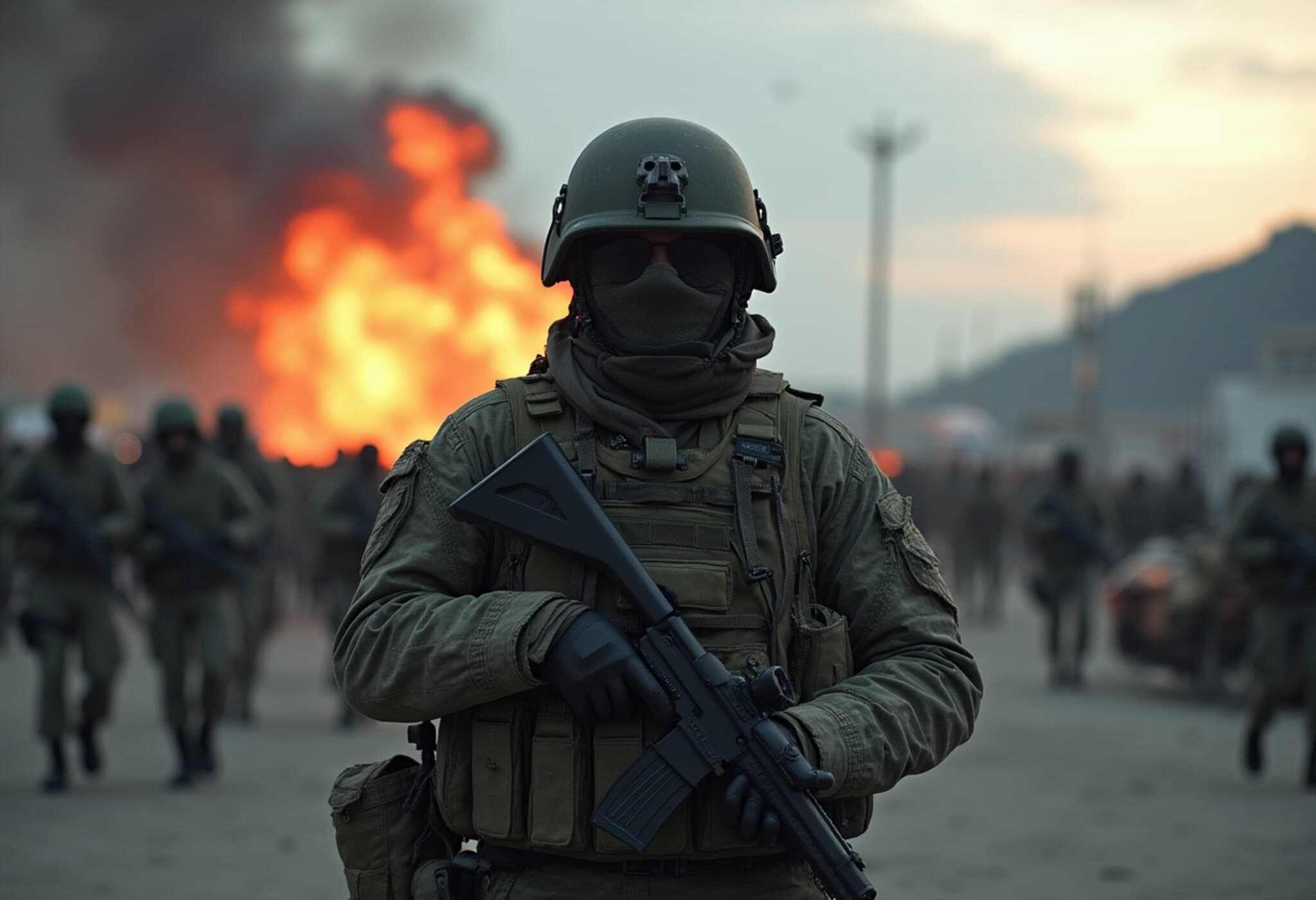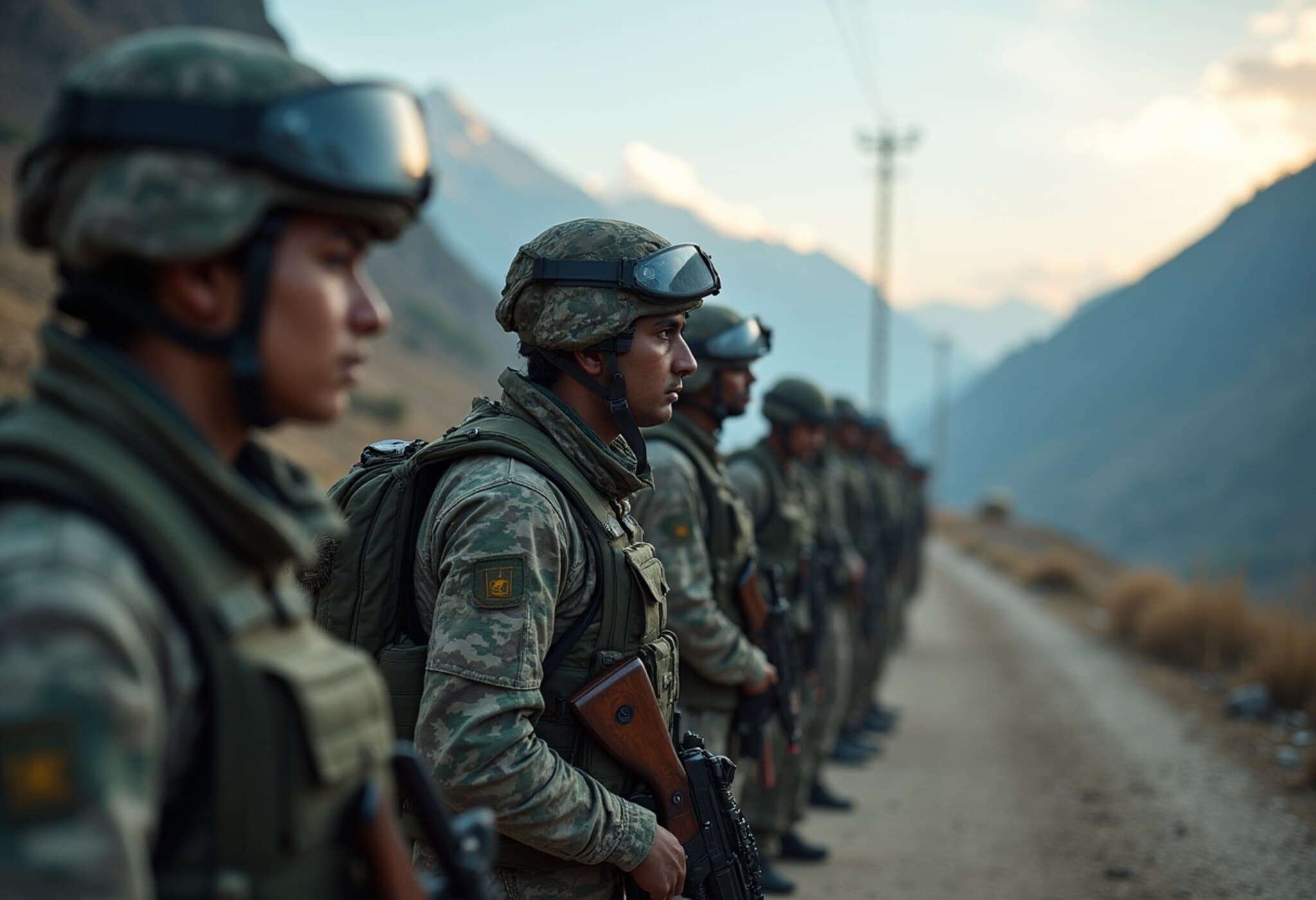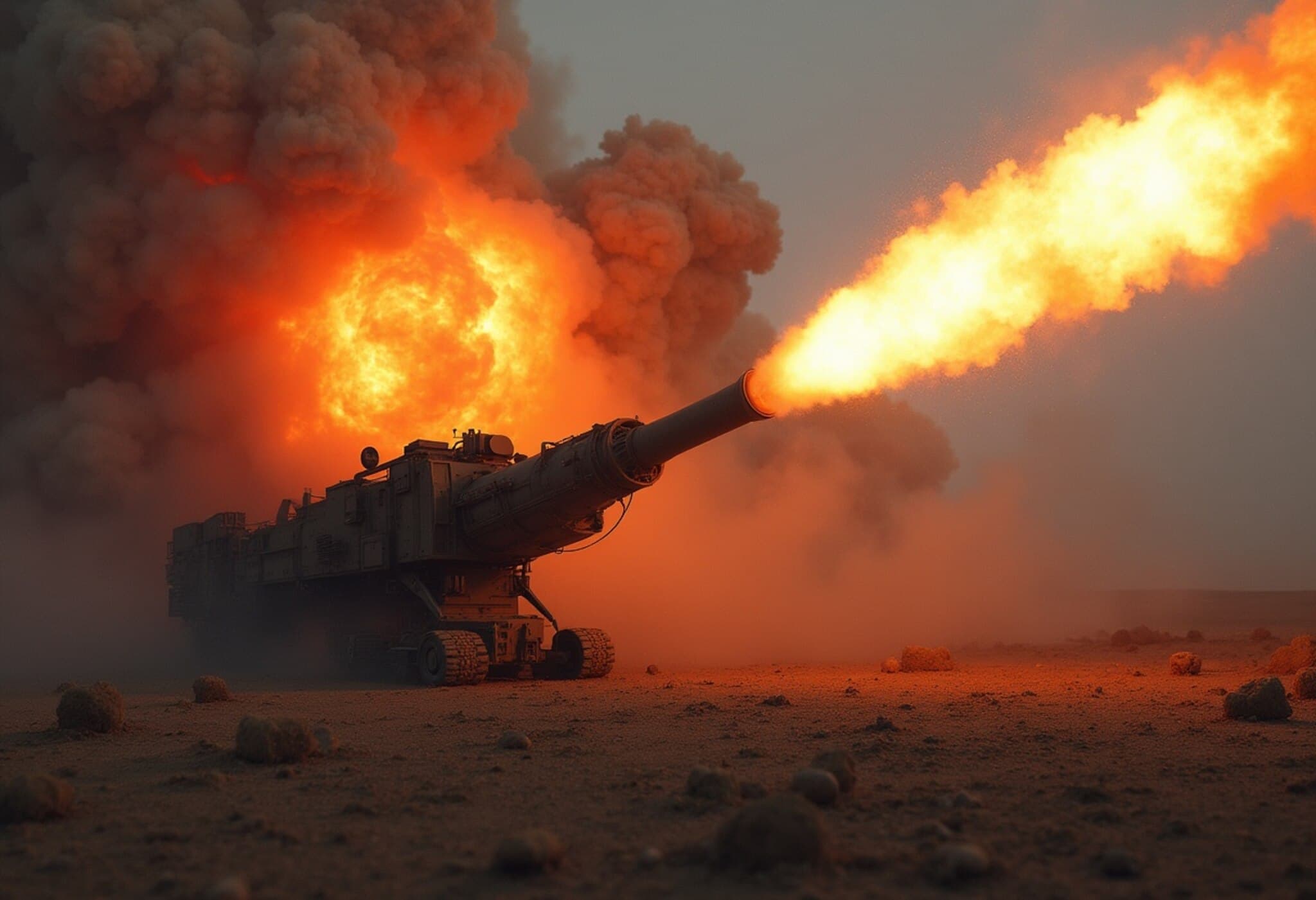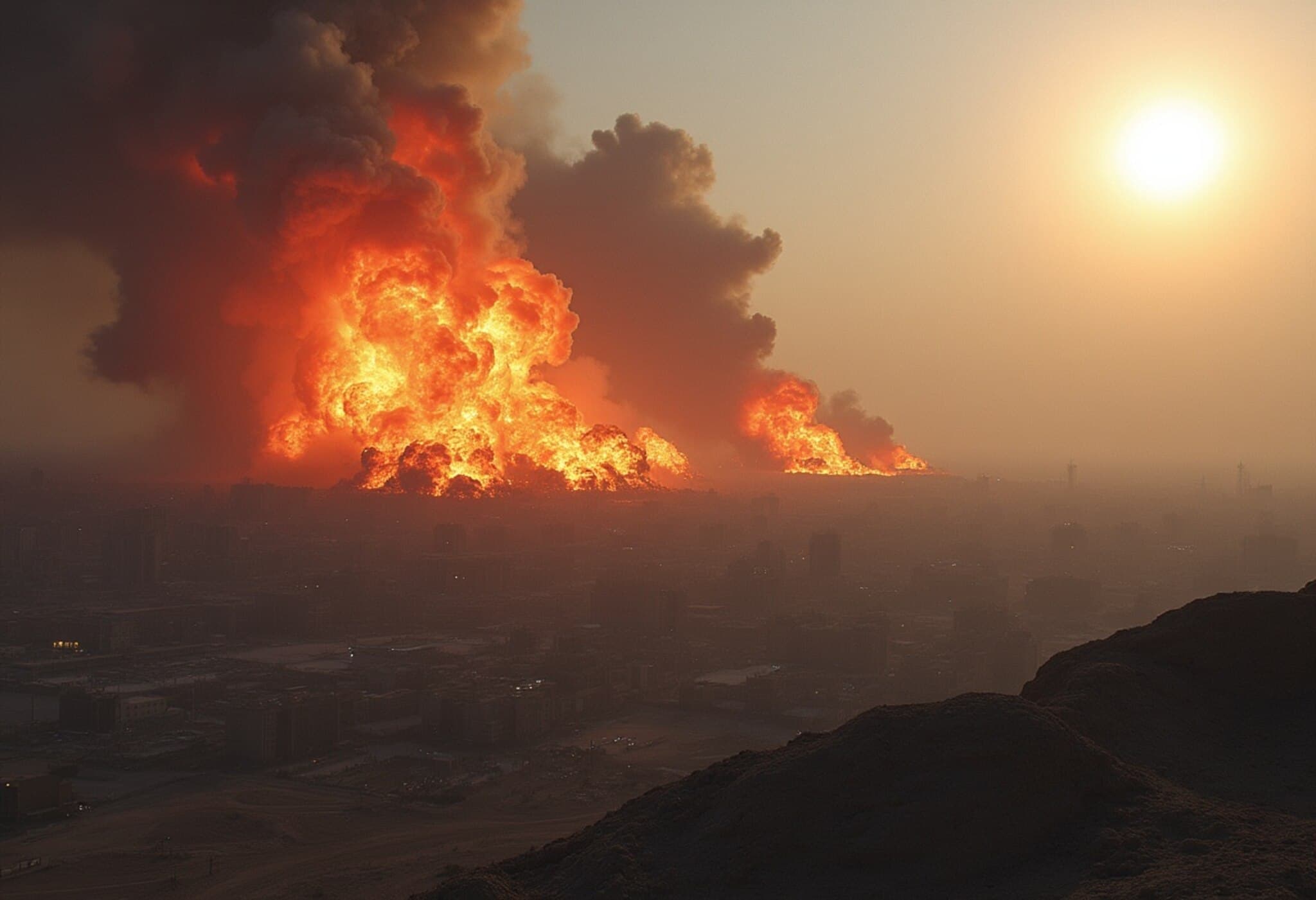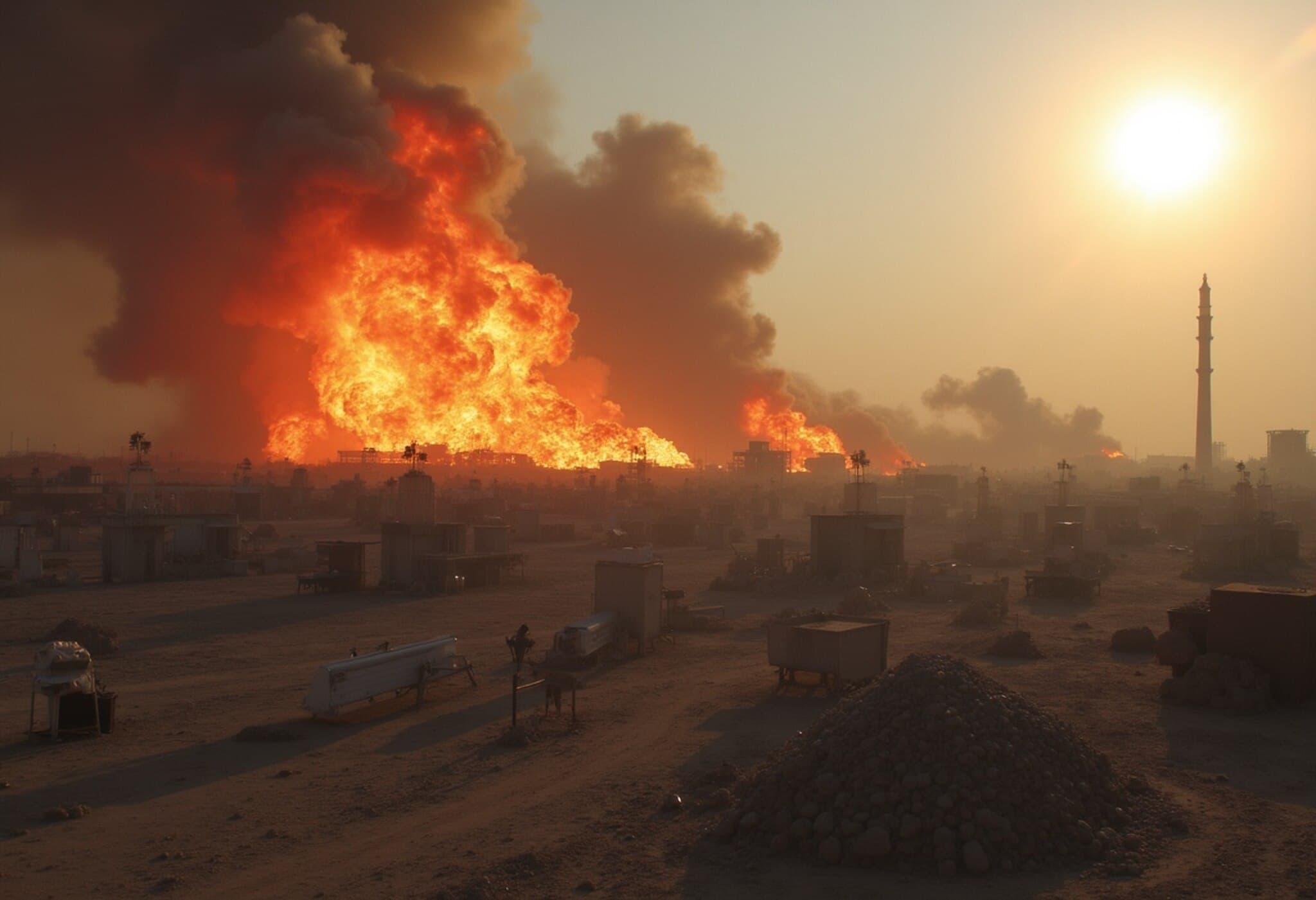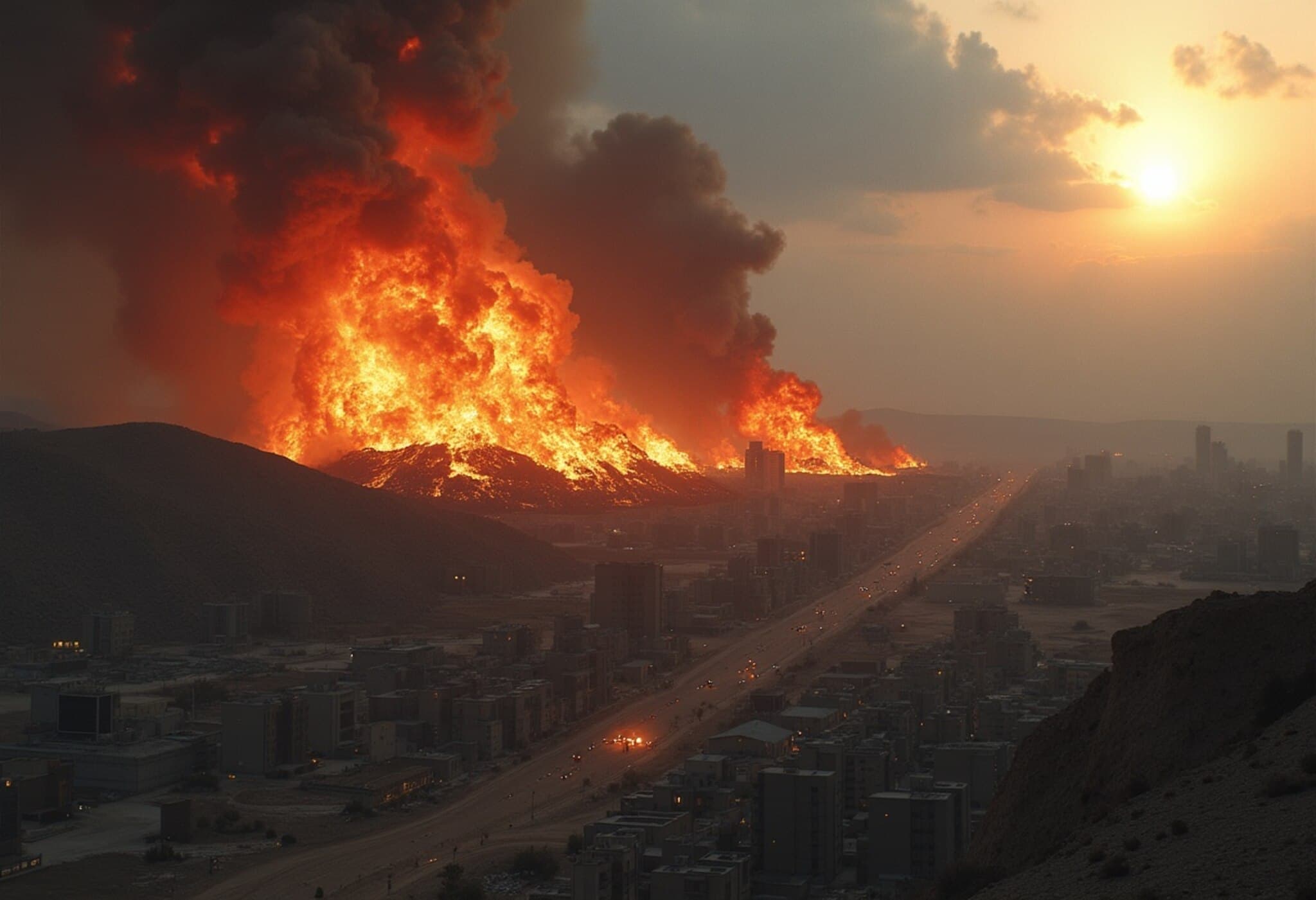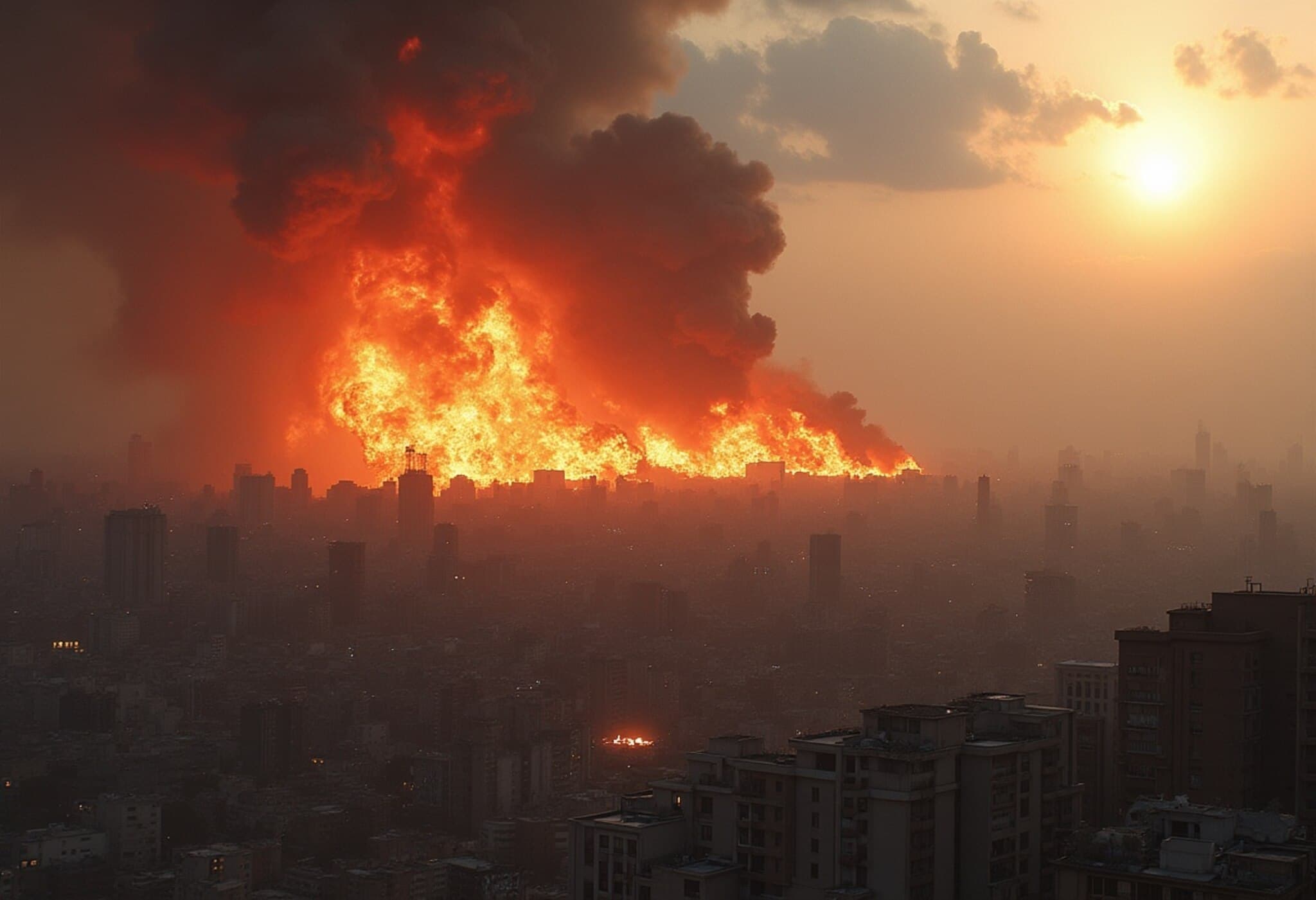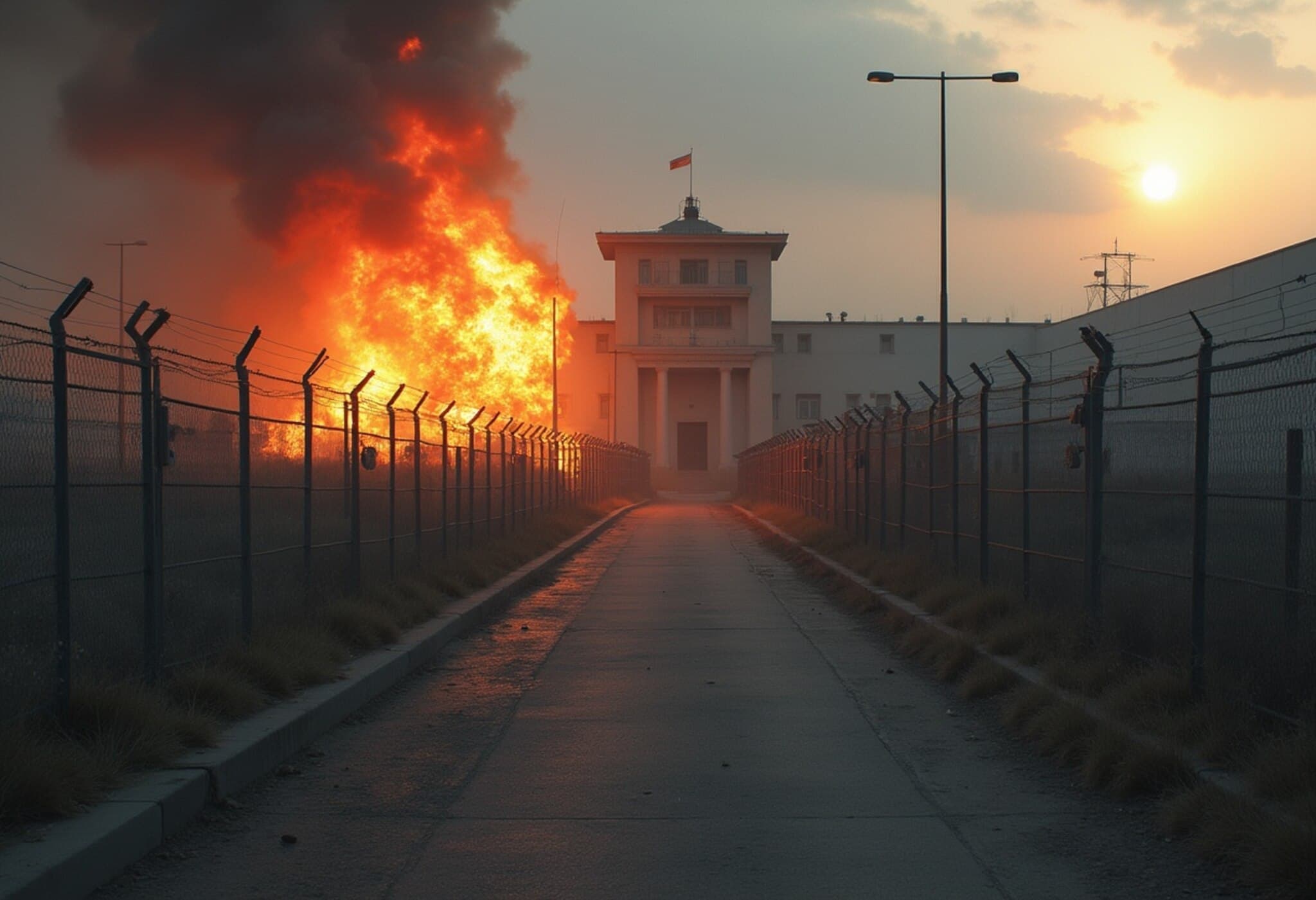Russia Imposes Comprehensive Information Blackout in Crimea to Curb Ukrainian Strikes
In a move highlighting the escalating conflict over Crimea, Russian authorities have enacted a sweeping information blackout in the annexed peninsula. The aim: to stifle any publication or dissemination of military-related information that could assist Ukrainian forces in their ongoing drone, missile, and sabotage operations.
Context: Crimea’s Strategic and Symbolic Importance
Since Russia’s annexation of Crimea in 2014, the region has remained a focal point of tension between Moscow and Kyiv. Ukraine consistently asserts its sovereignty over the peninsula, while Russia maintains its control and fortifies its military presence there, notably hosting the Black Sea Fleet — a key asset in the region’s power dynamics.
Details of the Blackout Measures
Sergei Aksyonov, the Russian-appointed head of Crimea, officially signed a decree prohibiting media outlets, bloggers, and social media users from publishing images, videos, or any data that reveal:
- The location of Russian military forces, equipment, and air defense systems
- Specifics about Ukrainian attacks, including missile strikes, drone incursions, and sabotage efforts
- Geographical coordinates or other logistical details that could compromise military security
This measure is framed as essential to protect public safety and secure military installations, but it also serves to control the narrative around ongoing hostilities in the region.
The Role of Open-Source Intelligence and Information Warfare
The crackdown underscores how modern warfare has extended beyond the battlefield into the realm of information — where social media and open-source intelligence (OSINT) can reveal sensitive operational details. Ukrainian strikes against Russian targets in Crimea have frequently been documented, shared, and analyzed online by civilians and digital activists, sometimes inadvertently aiding military strategy.
Russian officials have expressed frustration that such uncontrolled dissemination of battlefield imagery and details enables continued Ukrainian operational successes, which have targeted Russia’s Black Sea naval assets and critical infrastructure.
Broader Political and Legal Implications
From an American legal and policy perspective, this situation raises questions about the role of information control in modern hybrid warfare. The U.S. and NATO allies have increasingly recognized that conflicts today involve multidimensional fronts — including cyber, media, and public perception battles.
Another critical angle is the balance between operational security and freedom of information. While military secrecy is vital for safeguarding troops and strategic interests, suppressing information – especially in a contested territory – could deepen local resentment and fuel propaganda.
What Remains Unexplored?
- The impact of this blackout on Crimea’s civilian population and their access to reliable information
- How this measure might influence Russian federal control versus local autonomy in Crimea
- The international community's response, particularly regarding information warfare ethics and human rights
Looking Ahead
As Kyiv continues its efforts to reclaim Crimea and Moscow doubles down on its security measures, the information blackout symbolizes a new front in the conflict. It epitomizes how controlling narratives, alongside military might, has become essential in modern territorial disputes.
In the coming months, analysts will be closely watching the interplay between drone warfare advancements, information flows, and political maneuvers that shape the future of Crimea — an arena where the battle for perception is as fierce as any missile strike.
Editor's Note
The imposition of strict information controls in Crimea reveals the evolving nature of warfare—where information dissemination can critically influence operational outcomes. It prompts us to ask: How should free speech be balanced against military security in conflict zones? And what role can international actors play in ensuring that information blackouts do not exacerbate human suffering or misinformation?

